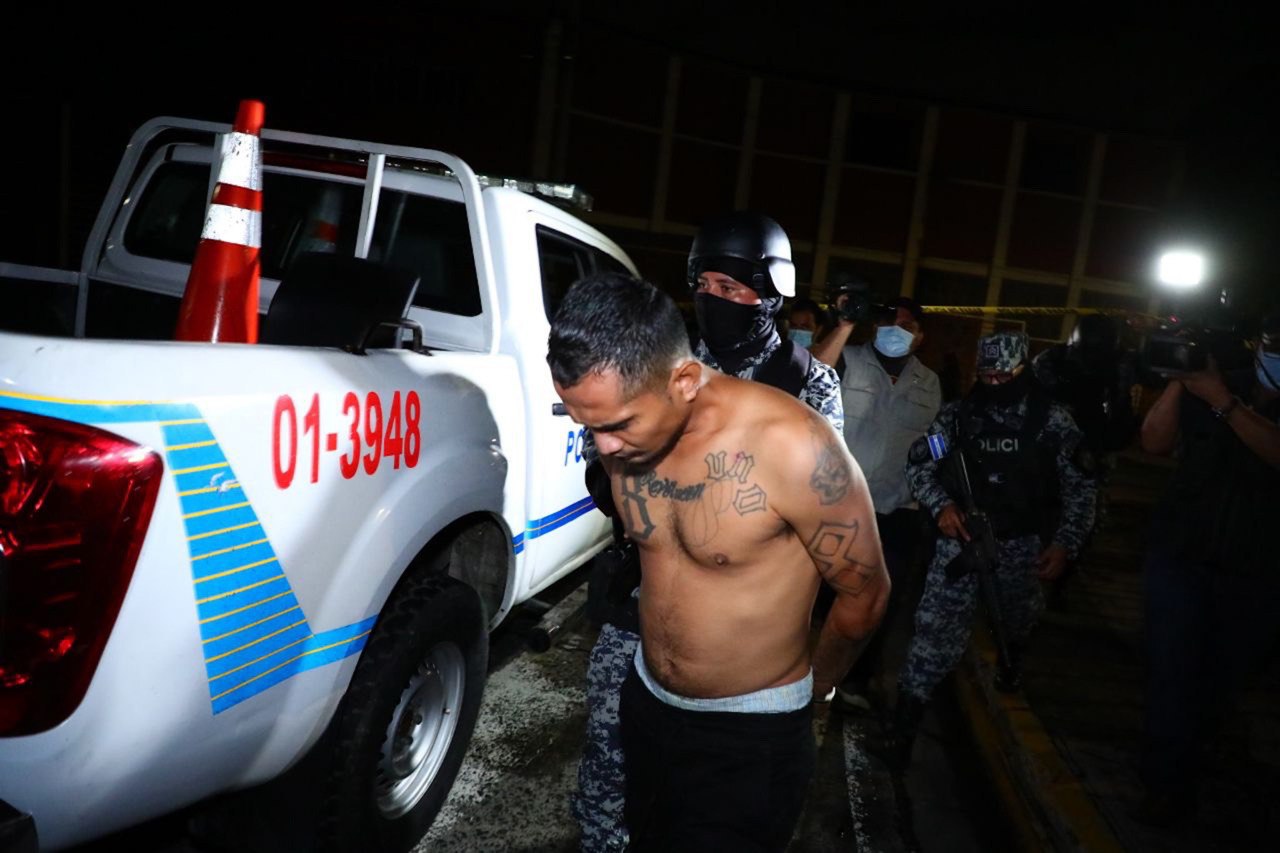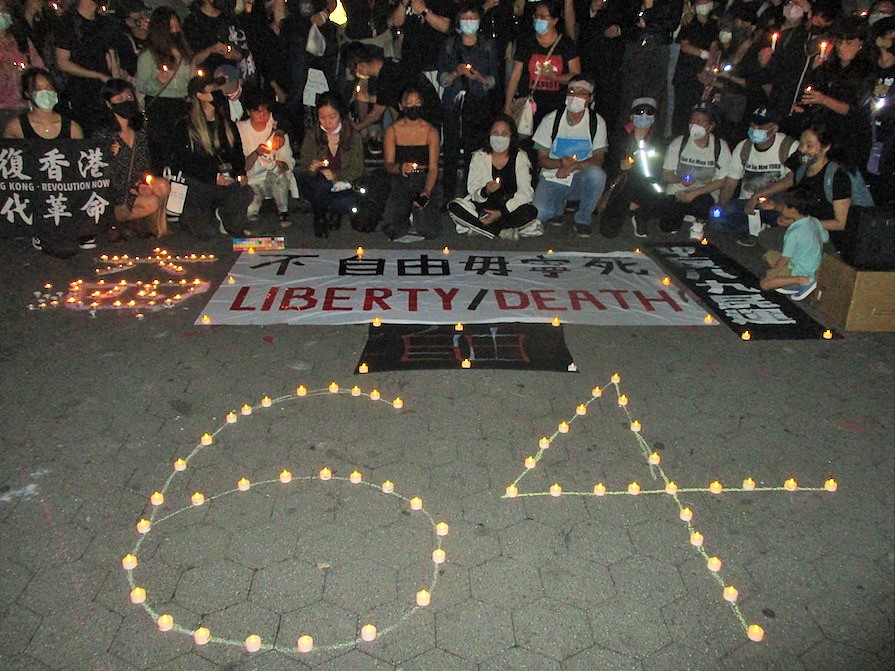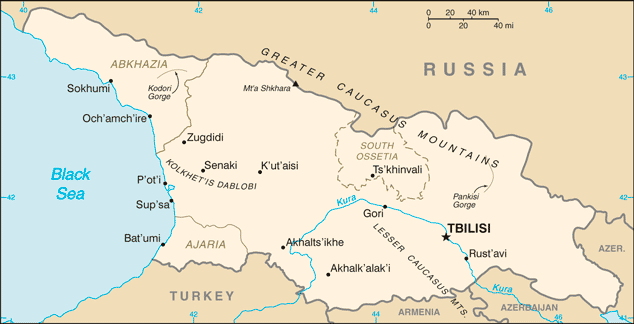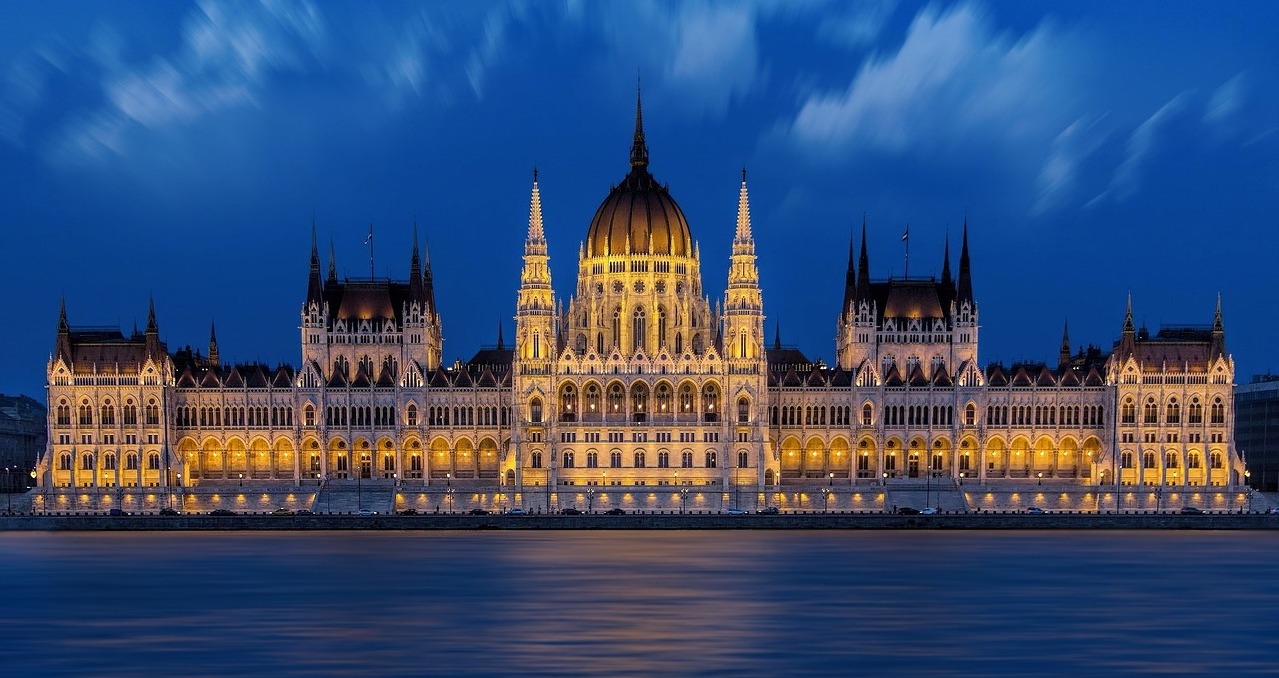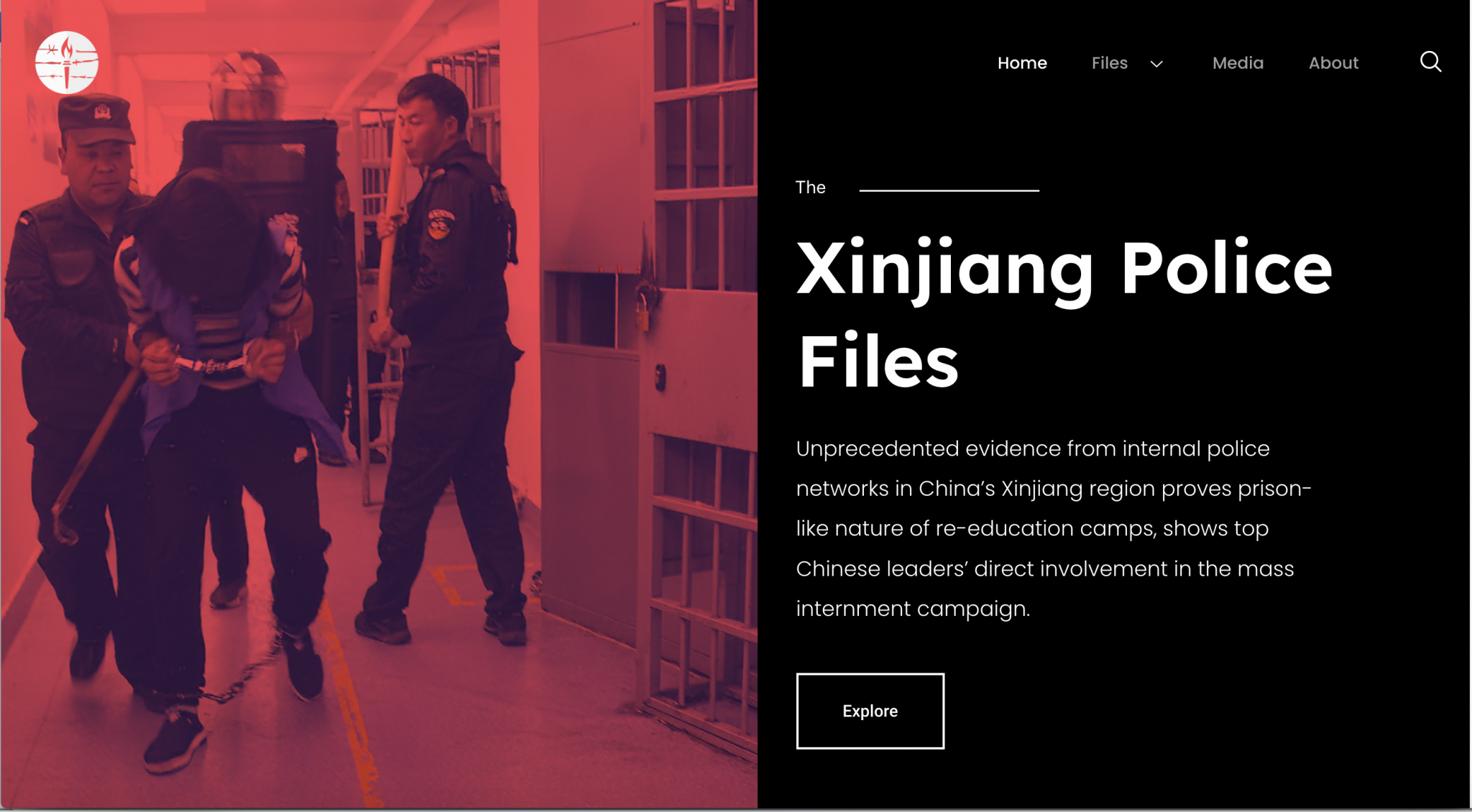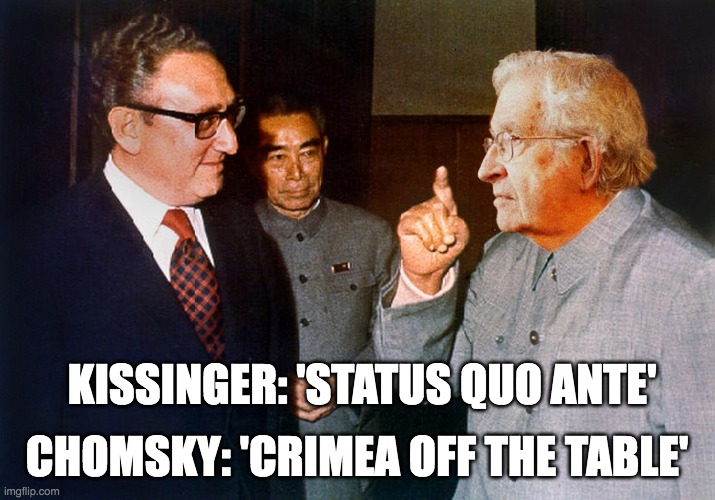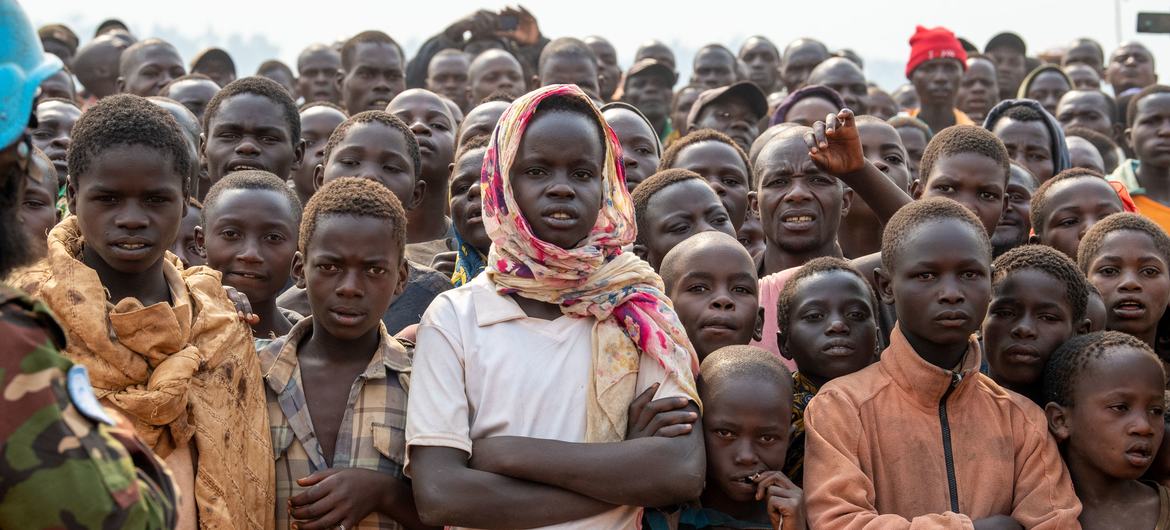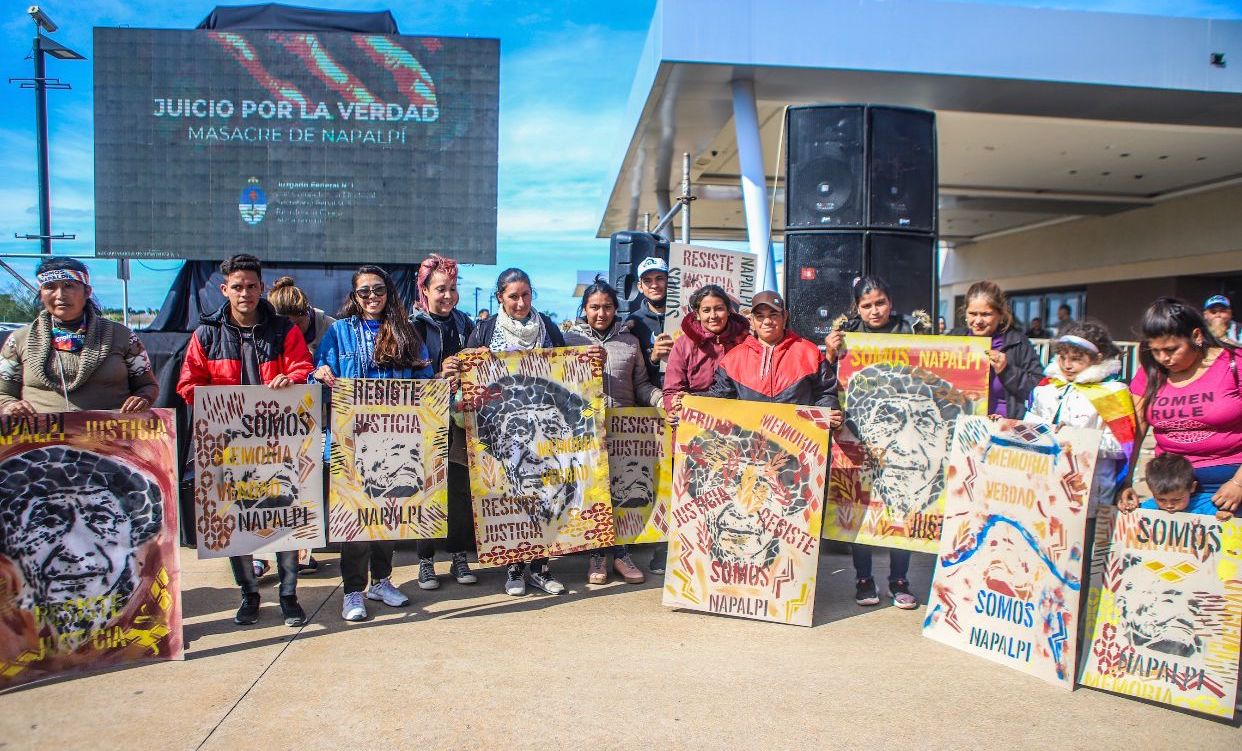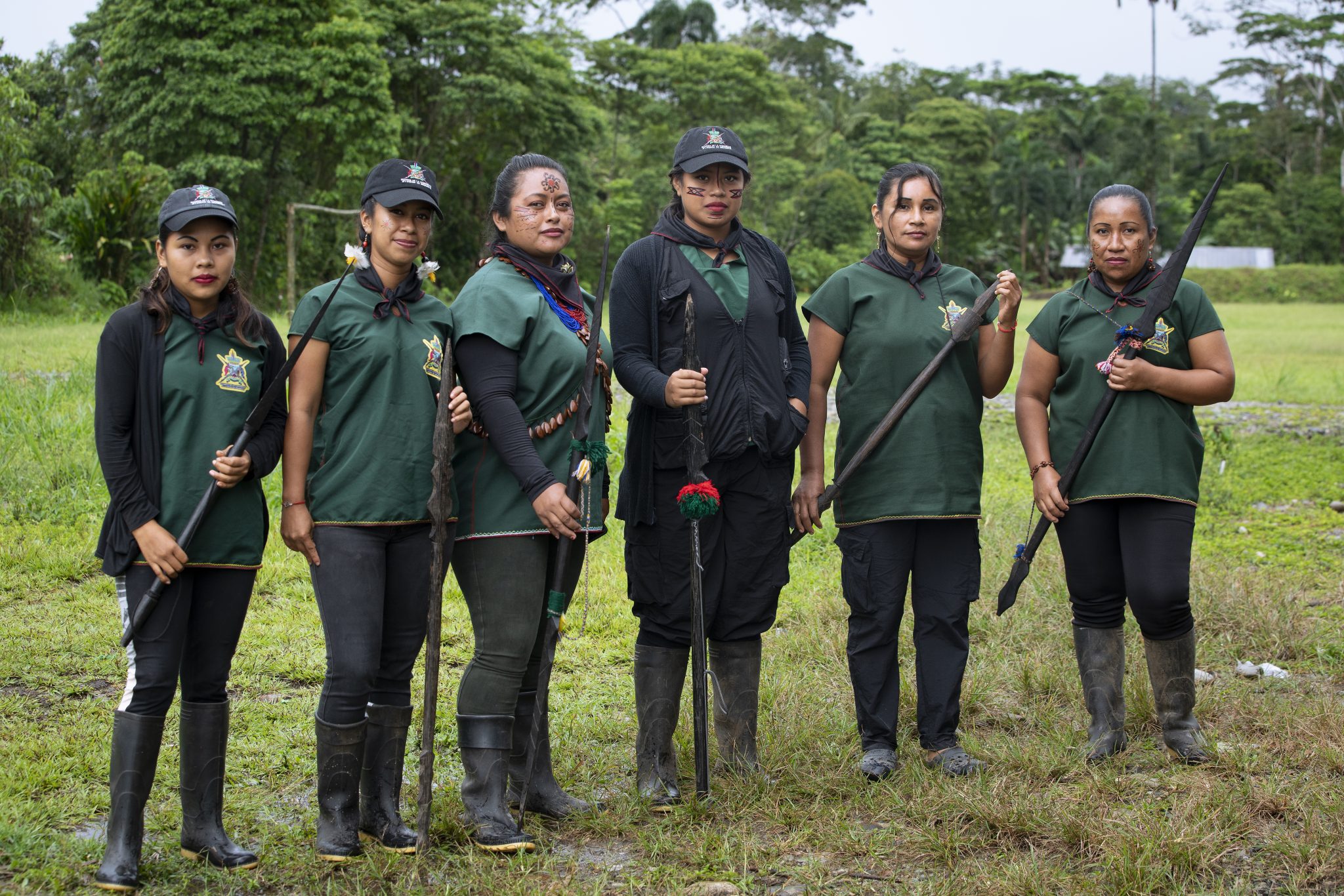
Ecuador: indigenous rainforest defenders honored
Two indigenous leaders in Ecuador who successfully fought against mining on their ancestral lands were awarded the prestigious Goldman Prize for environmental activism. Alex Lucitante and Alexandra Narváez of the Cofán indigenous people organized patrols, and used drones and camera traps to document gold mining operations within their traditional territories. Their evidence was crucial in securing a legal victory that resulted in 324 square kilometers of rainforest being protected from mining. The Cofán community sued the Ministry of Mines, asserting that the concessions violated their right to prior consultation. The Sucumbíos provincial court ruled for the Cofán in 2018, ordering a halt to the mining operations. In a review of the case this February, Ecuador’s Constitutional Court upheld the decision and widened its scope, holding that the state has an obligation to ensure that indigenous communities undergo a consultation process before any extractive activity is approved on or near their territories. (Photo: Goldman Environmental Foundation)



